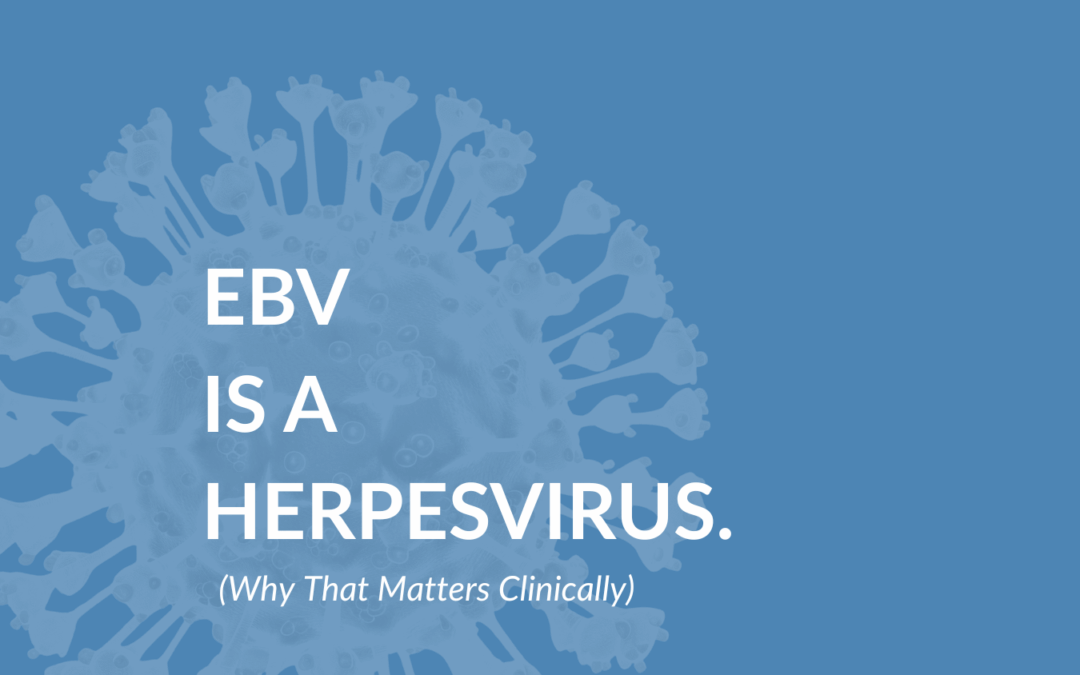After diagnosis and starting the gluten free diet, did you develop symptoms that you’ve never had before? Or did you go on to get another diagnosis such as endometriosis or arthritis?
Well, you’re certainly not alone.
This is a personal observation from my clinical practice, having coeliac friends and interacting with the broader coeliac community online. A lot of people complain about developing new problems after they go gluten free. These include things like joint pain, endometriosis, skin issues, PCOS and migraines. I have a couple of theories about why this might happen. I would like to stress at this point that none of the rest of this paragraph comes from direct medical evidence. This is just my personal observation, opinion and hypothesis, but here goes.
Inflammation from new foods
Theory 1 is related to food. Firstly, and coming back to this post, you may now be eating a whole new set of foods that are pro-inflammatory in nature, nutritionally void and also new to your system. If you introduce new proteins (such as quinoa, millet or amaranth, or the flours found in GF processed foods for example), that you have not developed immune tolerance to, into a gut that is inflamed, permeable and still healing, the chance of developing inflammatory reactions to these foods in increased, and symptoms of food intolerance can include things like migraines, skin problems and joint pain.
It could actually be the gluten free diet!!
Secondly, you may be been asked to increase the amount of dairy in your diet, and if you’re one of the many that can’t tolerate it this could lead to an exacerbation of symptoms. Another thing that is very common, is that once you’ve been told you can’t have something, it’s now all you want to eat. In the case of CD, when you’ve been told you can no longer have baked goods, pasta etc – you may not have been eating this type of food three times per day, but now, it’s all you eat, all the time – because you CAN have these GF replacement products. A massive increase in processed foods is never going to beneficial to anyone’s health, but in the GF food market, these foods are generally full of hydrogenated or just cheap, refined oils, sugar, chemical additives and gums. They are a metabolic disaster when consumed in place of a healthy balanced diet, and can certainly be a contributing factor to on-going or even new symptoms.
Could it be related to cortisol?
Lastly, I have a theory about stress hormones and autoimmune disease. When you have inflammation, especially persistent, long-term inflammation such as that found in undiagnosed CD, your body starts to pump out a strong, anti-inflammatory steroid hormone called Cortisol. High levels of cortisol suppresses inflammation to a certain extent. When you stop eating gluten, the intensity of the inflammation reduces dramatically, and this has the effect of reducing the amount of cortisol the body is producing. When the levels of cortisol reduce, the symptoms of inflammatory problems that were being suppressed by this cortisol, are able to express themselves, and suddenly you have a ‘new’ problem or symptom – although actually it was there below the surface all along. See also what I said about tissue healing in this post.
You may have a lot more nutrient deficiencies than just calcium, iron, B12 and vitamin D.
These are the nutrients that are commonly checked when you are diagnosed, and in follow-up tests. This is because nutrient deficiencies in these vitamins and minerals are common in CD, and relate to anaemia, and bone density issues, both of which are strongly associated with CD. However, if you think about the fact that you haven’t been absorbing nutrients for a long time, and that your baseline requirement for certain nutrients may have been increased by the increased demands on your body relating to immune system over-drive, bacterial overgrowth in the gut, elevated cortisol, fatigue etc, it stands to reason that you may have deficiencies in any number of important vitamins and minerals.
Some common deficiencies in the general community include zinc, magnesium, B-Vitamins and vitamin A, all of which are needed for healthy immune system function and energy production, just to name a couple. Zinc and Magnesium alone are both required for more than 300 different functions in the body each. These are just common deficiencies though, each individual will have vastly different needs, and perhaps you might have a very low level of molybdenum or manganese or boron for example. It’s very hard to correctly guess these things, so testing is a good idea to determine both the need, and also the appropriate dose.
Correcting a deficiency, or an insufficiency, can have a dramatic, positive impact on health within days, so identifying individual need might be one of the missing puzzle pieces that’s stopping you from feeling like a million bucks.
I have one more post in this series, and it might be the most important one, so stay tuned for more!
Learn More About Coeliac Disease
Whether you’ve just been diagnosed with Coeliac disease, or you’re a seasoned member of the No Gluten Club, there are several things I really want you to know about your condition – and I urge you to take a look at the rest of my articles in this series.
- In part one, I described my own journey with my diagnosis – but I also explore how Coeliac disease is an autoimmune disease, and why treating it isn’t always as simple as giving up gluten and reaching for the GF foods.
- In part two, I explain why you’re at a higher risk of developing another autoimmune disease, and how Coeliac disease can lead to issues with basic digestion, detoxification, hormone levels, and skin problems.
- In part three, I explore the far-reaching effects of gluten in the brain, and why Coeliac disease should be considered a disease of the brain, and not the gut.
- In part four, I outline my thoughts on why you suddenly notice new symptoms after going gluten-free!
- In part five, I talk about possible explanations for your symptoms that, at first, appear to be gluten related but actually aren’t.
If you would like to get in touch to organise nutrient deficiency testing or discuss how to address your on-going issues, please drop me a line here.
And please don’t forget to ask your primary care physician / GP about any testing they can provide or to discuss any symptoms or health concerns with them also.
My signature course Foundations of Health is another tool to help you improve your health from the foundations up.
And if you’d like to stay up to date with my new blogs, recipes and recommendations: Sign up for my newsletter!






